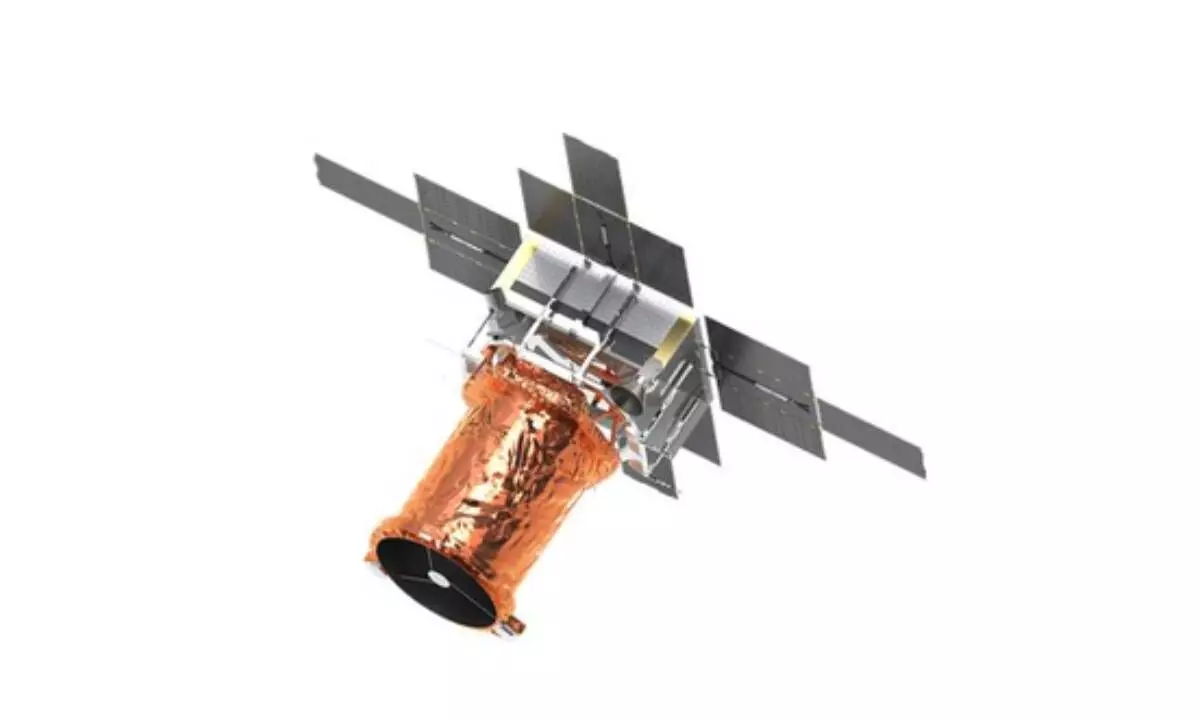S. Korea's nanosatellite makes successful communication with ground station
A South Korean nanosatellite successfully communicated with its ground station after being launched into space as part of the nation's project to create a satellite constellation by 2027, officials said on Wednesday
image for illustrative purpose

Seoul, April 24: A South Korean nanosatellite successfully communicated with its ground station after being launched into space as part of the nation's project to create a satellite constellation by 2027, officials said on Wednesday.
According to the Ministry of Science and ICT, the Earth observation satellite lifted off aboard Rocket Lab's Electron rocket from a spaceport at 7.32 a.m. in Mahia, New Zealand, Yonhap news agency reported.
The satellite, named NEONSAT-1, was deployed into space at an altitude of 520 kilometres, about 50 minutes after the rocket's launch.
NEONSAT stands for the New-space Earth Observation SATellite constellation for national safety.
The science ministry confirmed that the launch was successful as the satellite entered orbit and made two-way communications with Korea's King Sejong Station in Antarctica at around 2.13 p.m. and 3.44 p.m., the report said.
NEONSAT-1 is planned to begin its official earth observation mission in December following a performance review, it added.
Developed by the state-run Korea Advanced Institute of Science and Technology (KAIST) for mass production, NEONSAT-1 weighs less than 100 kg and has a resolution of 1 metre. The satellite was the first among 11 nanosatellites to form a satellite constellation to monitor and take images of the Korean Peninsula and its surrounding regions.
South Korea plans to launch five more nanosatellites into space in June 2026 and five more in September 2027.
The launch was originally set to take place at 7:08 a.m. but was delayed due to a potential risk of colliding with another space vehicle and other issues, according to the ministry.
The launch project was named B.T.S., short for "The Beginning of the Swarm," by the launch service provider Rocket Lab.
The ministry said it has initiated the 231.5 billion won ($168 million) project to create a satellite swarm as part of efforts to bolster South Korea's capabilities in public safety, national security, and response to natural and manmade disasters by securing high-resolution optical images captured by the swarm.
The swarm is also expected to contribute to creating new economic opportunities in the space industry considering that the nanosatellites can be mass-produced, the ministry added.

